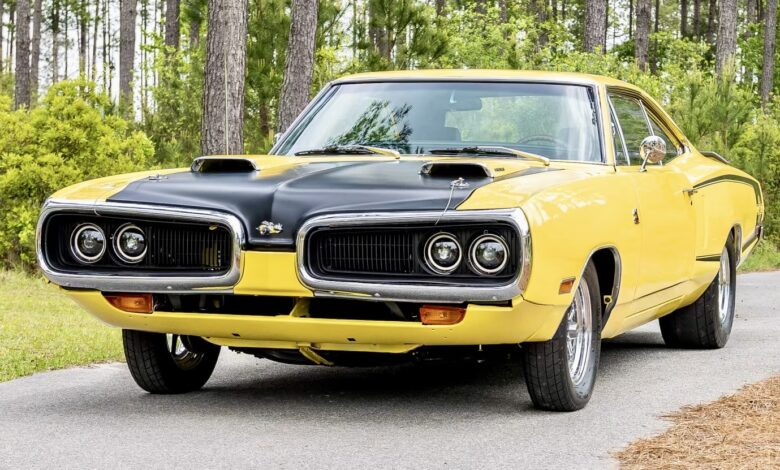
Attention all Mopar muscle car enthusiasts! The Mecum Florida Summer Special is set to feature a stunning restomod 1970 Dodge Coronet Super Bee on Saturday, July 13th, 2024. This iconic muscle car, originally known for its powerful performance and distinctive design, has been meticulously restored and modernized to combine vintage charm with contemporary enhancements.
Exterior Features: Classic Design Meets Modern Touches –
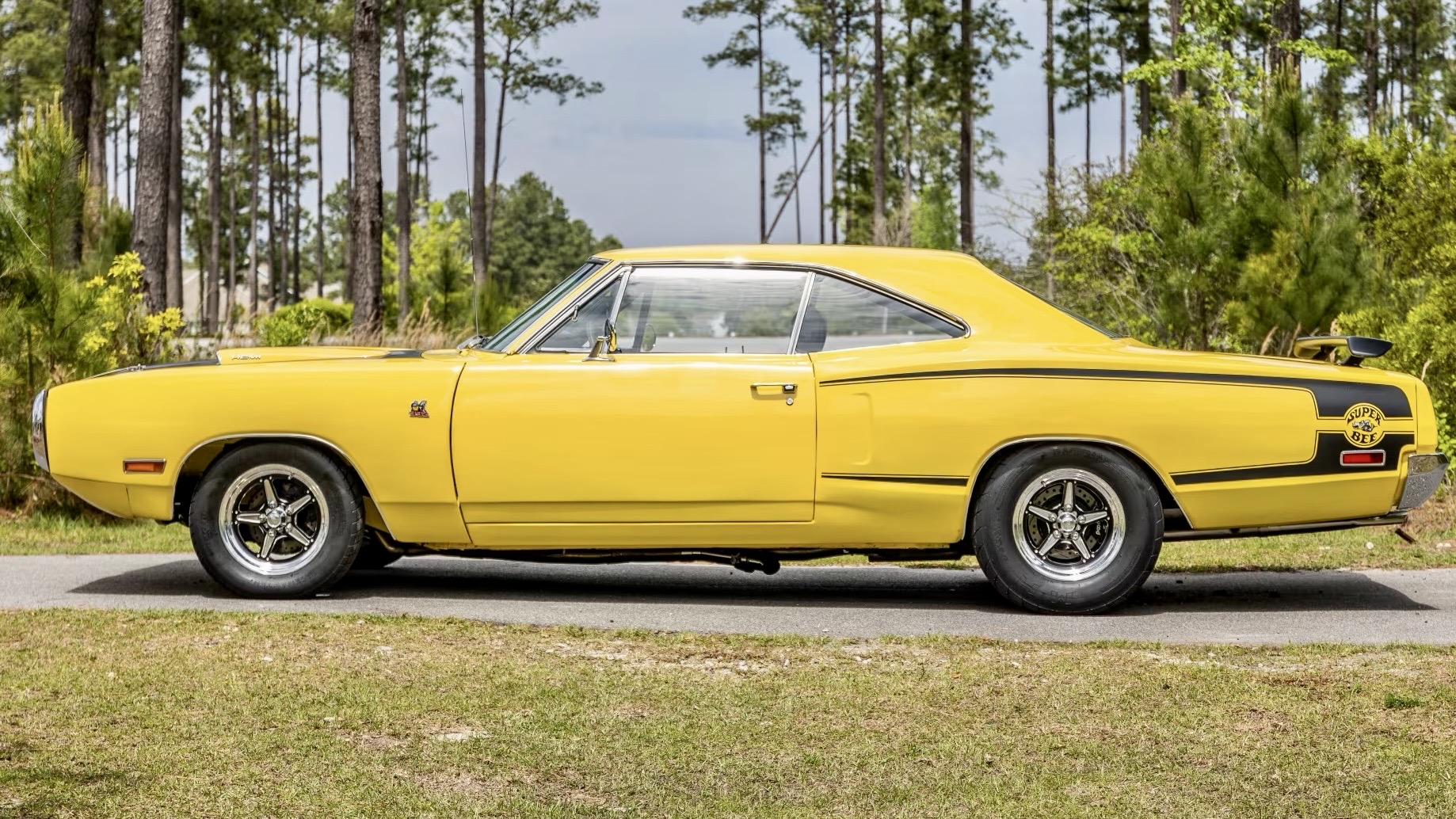
This 1970 Dodge Coronet Super Bee stands out with its striking yellow paint job complemented by a sleek black interior. The exterior is adorned with distinctive 392 badging on the front fenders, signaling the beast under the hood. The Mopar Go Wing rear deck spoiler adds a touch of aerodynamic flair, while the Billet Specialties Street Lite wheels—15-inch x 4-inch in the front and 15-inch x 10-inch in the rear—wrapped in M&H Drag Radial tires, complete the aggressive stance.
Lighting upgrades include Dapper Lighting 575 Halos with HDR Switchbacks, ensuring enhanced visibility and a modern aesthetic. The classic lines of the Super Bee are further accentuated by the new Rallye dash and a fresh coat of powder on the Moser 8 3/4 center section modular case, giving it a pristine, showroom-ready look.
Interior Features: Vintage Charm with Modern Comforts –

Step inside this restomod Super Bee, and you’ll be greeted by a blend of vintage charm and modern comforts. The Procar front bucket seats offer enhanced support, while new carpeting and seatbelts provide a fresh, clean interior environment. The woodgrain center console top plates and the Dakota Digital Instrumentation dash add a touch of elegance and modern functionality.
Entertainment and convenience have not been overlooked, thanks to the Aurora Design upgraded Thumbwheel AM/FM radio with Bluetooth and USB port conversion. This ensures you can enjoy your favorite tunes with modern connectivity while cruising in this classic beauty.
Powertrain: Modern Performance Under the Hood –
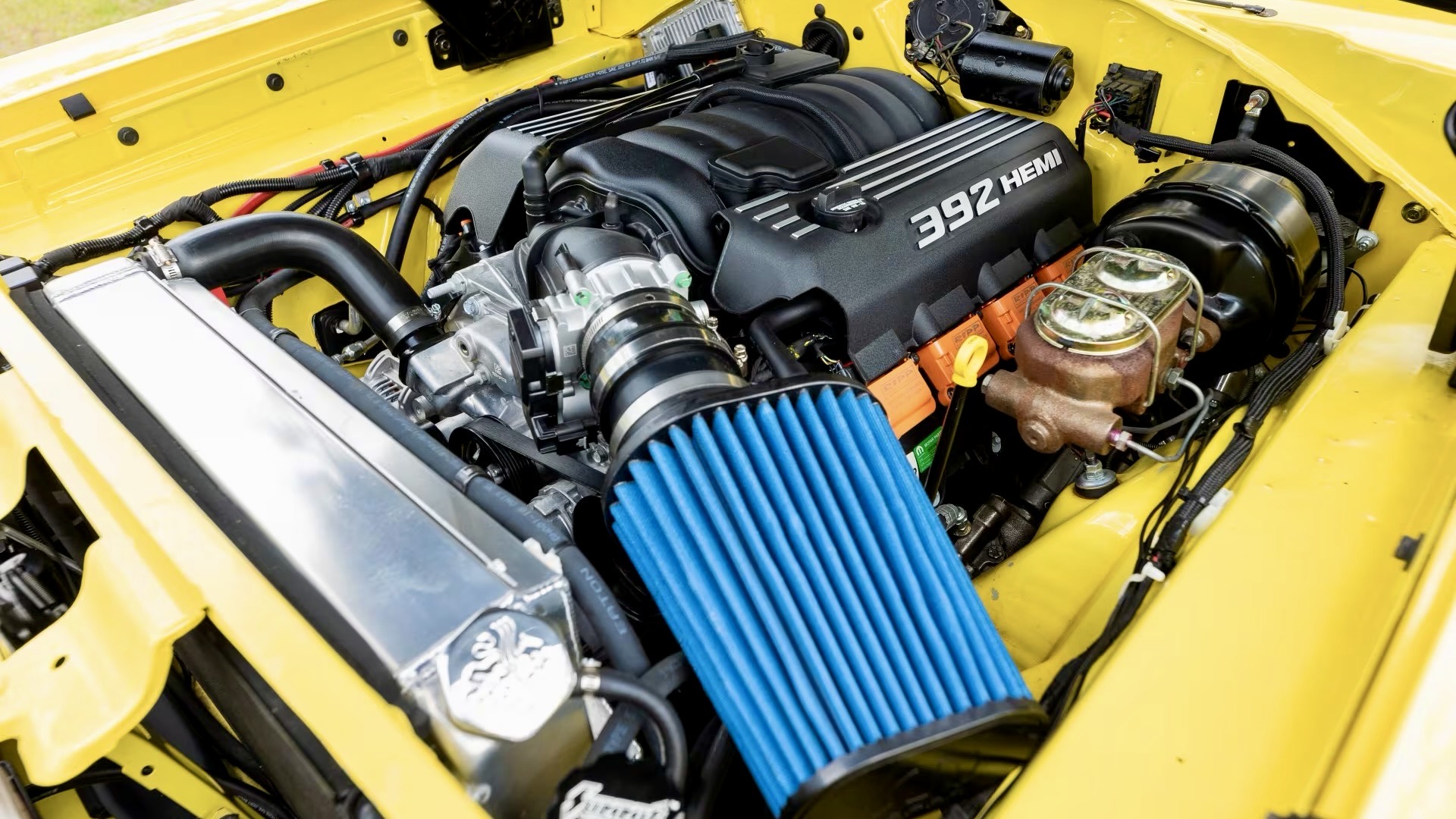
Under the hood, this Super Bee boasts a Mopar Performance 6.4-liter (392 cubic-inch) HEMI® V8 crate engine, paired with an upgraded Mopar 6.2-liter HELLCAT oil pump and new Ripp Modifications HEMI coil packs. This powerful engine is mated to a Tremec TKX 5-speed manual transmission with a pistol grip, offering both robust performance and an engaging driving experience.
The powertrain enhancements continue with a Griffin Performance radiator equipped with dual electric fans, ensuring optimal cooling. The Hooker BlackHeart headers and exhaust system provide a throaty, muscular exhaust note, perfectly complementing the car’s aggressive performance.
The suspension setup features QA-1 double adjustable rear shocks and QA-1 single adjustable front shocks, providing a balanced and customizable ride. The Moser 8 3/4 center section with a Truetrac Positraction rear end and a 3.91 gear ratio ensures that power is efficiently transferred to the road.
Auction Details –

This remarkable restomod 1970 Dodge Coronet Super Bee will be crossing the auction block on Saturday, July 13th, 2024, at the Mecum Florida Summer Special event. With its blend of classic aesthetics, modern performance upgrades, and meticulous restoration, this Super Bee is expected to draw significant attention from collectors and enthusiasts alike.

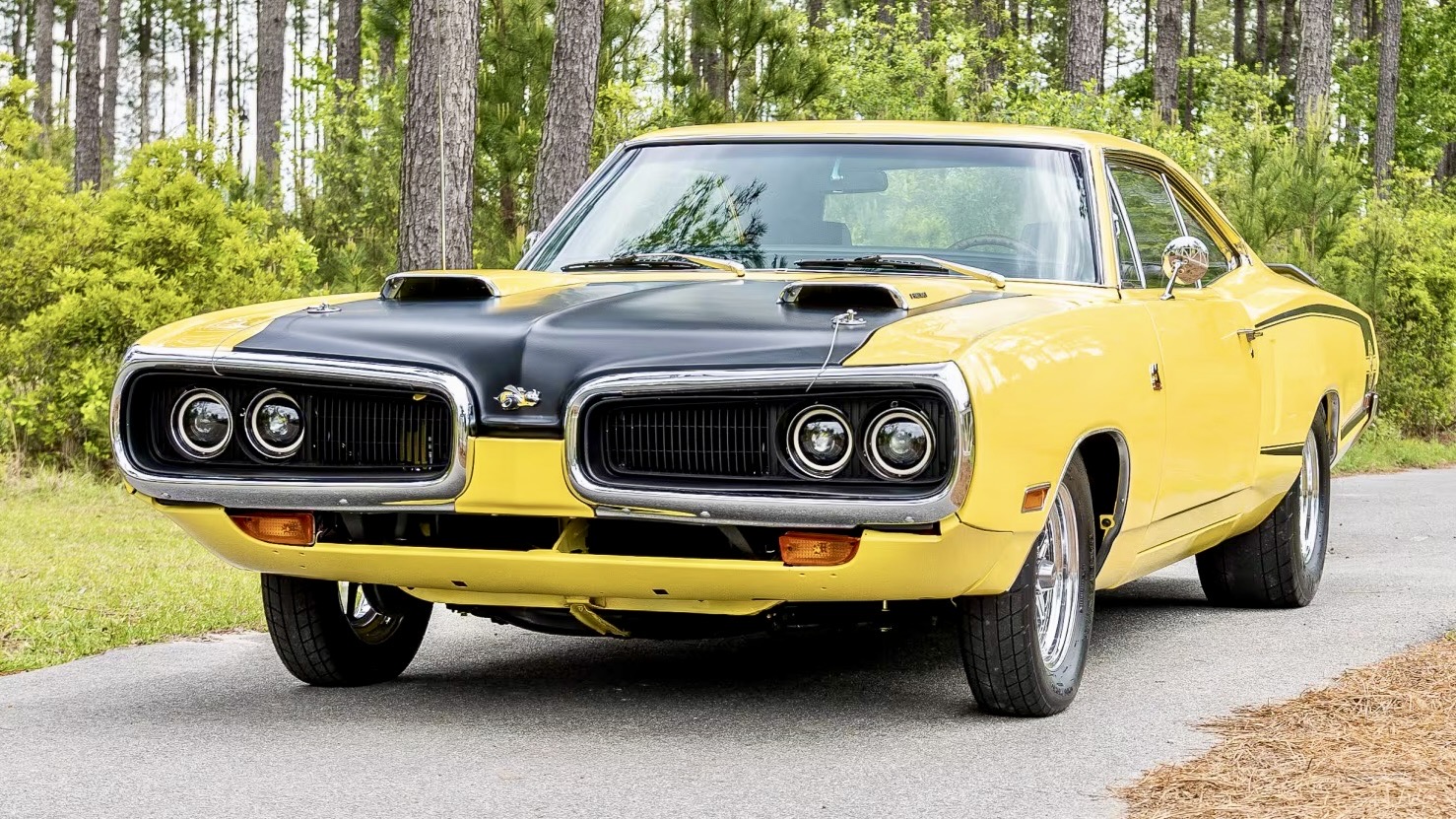
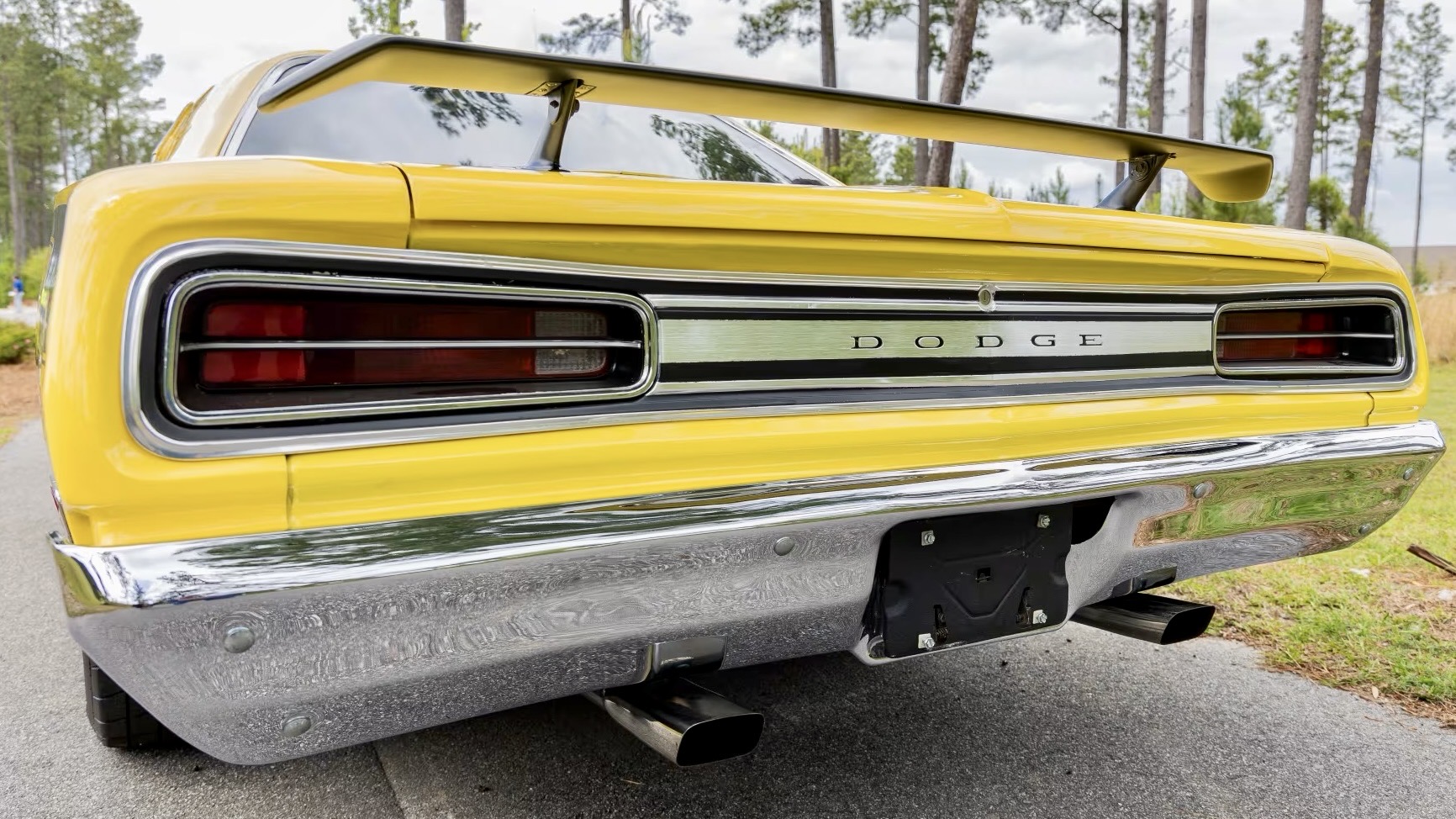


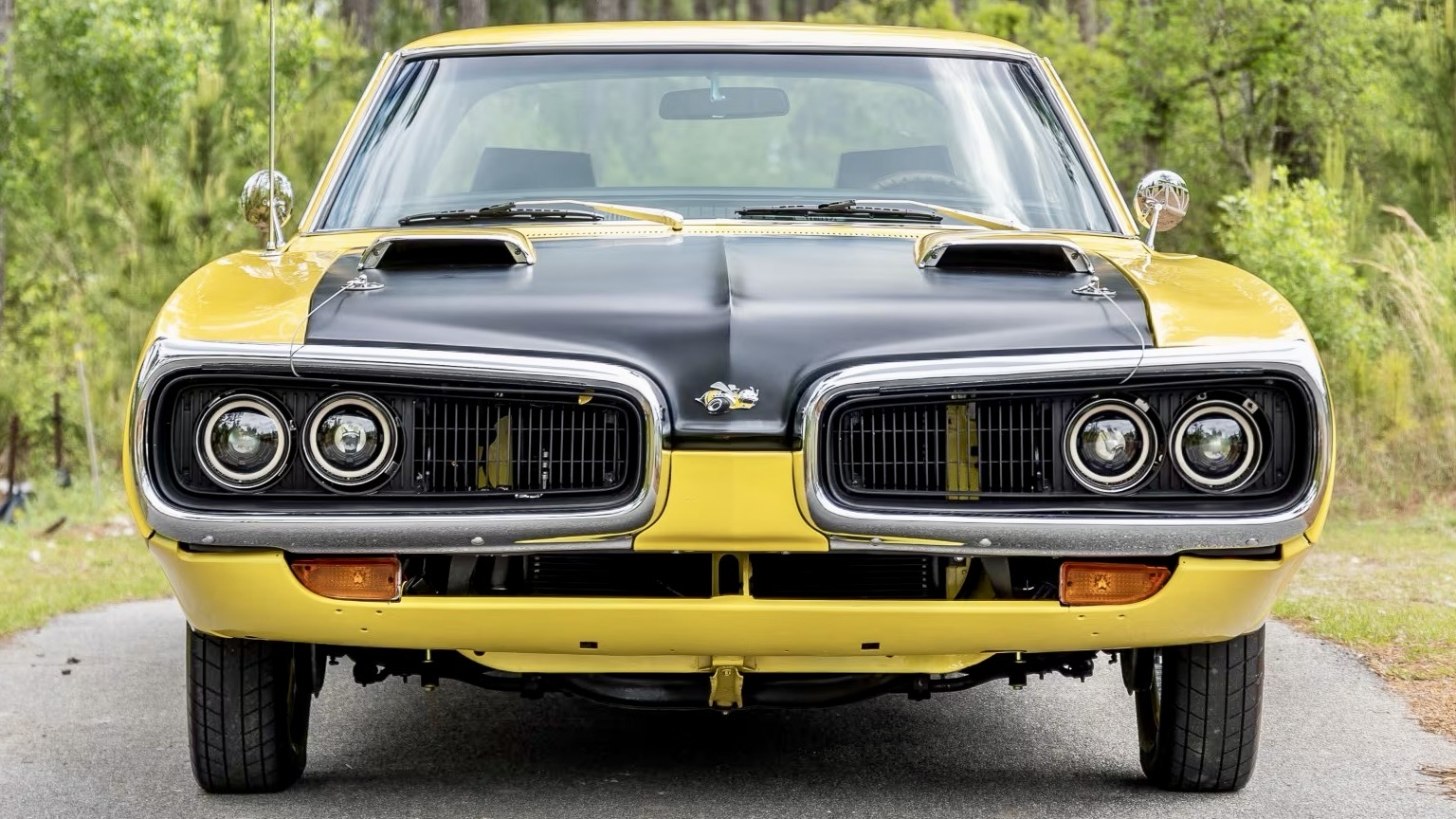
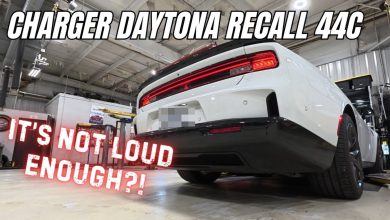




No replies yet
Loading new replies...
Join the full discussion at the Mopar Insiders Forum →